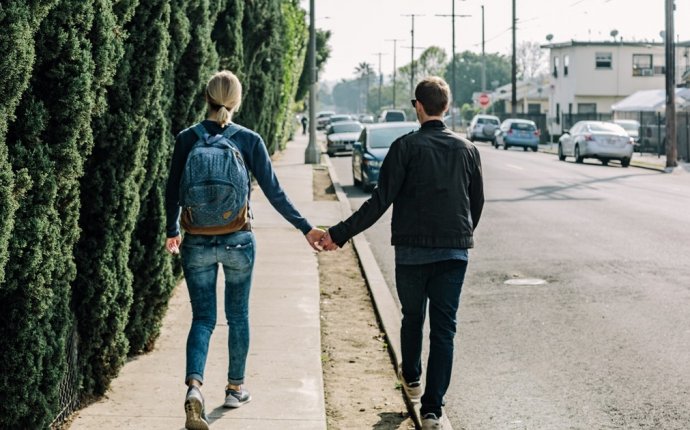
Reclusiveness a Psychological Disorder
 Source: Pixabay, CC0 Public Domain
Source: Pixabay, CC0 Public Domain
True or false?: "Humans are social animals."
That's true in general, but a surprising number of people prefer one or more forms of reclusiveness: the voluntary seclusion from people.
In my article, The Recluse Option, I made the case for a minimal social existence and then wrote, Making Reclusiveness Work.
Today's installment describes flavors of reclusiveness. Perhaps one or more might intrigue you:
- Pure recluses. An early pure recluse was Symeon of Trier who, in the 11th century, found the life of a monk too social and got permission to live as a hermit, which he did for most of the rest of his life. Another reclusive monk received Christianity's top honor: Theophan the Recluse was named a saint.
- Work alone/play with others. Some people hate relying on others and sharing credit and blame at work but enjoy after-work social life. Such people often own a one-person business (outsourcing work where necessary), or work as a contractor at home, for example, as a writer or programmer.
- Work social/play alone. Other people choose to work among others but spend most discretionary time alone, usually pushing aside social invitations and would-be friendships.
- Solo sabbaticals. While most people's sabbaticals and long vacations involve people (travel, family activities, etc), some escape to religious and spiritual retreats or take extended solo road- or backpacking trips.
- Episodic reclusiveness. Some people opt to be reclusive for only a chunk of their life. For example, after a series of unsuccessful romances, a person may decide that a few years with books, movies, TV, music, a pet, and the outdoors make better company than do people.
- Illness-caused reclusiveness. A famous example is aircraft manufacturer Howard Hughes, whose obsessive-compulsive disorder holed him up in his Beverly Hills hotel for years. In a single year, his hotel bill was $11 million.
Source: www.psychologytoday.com









